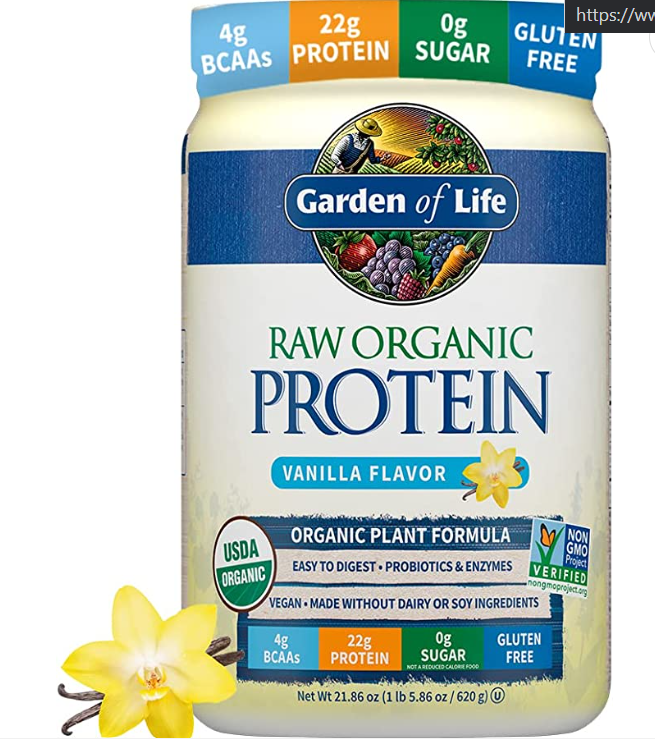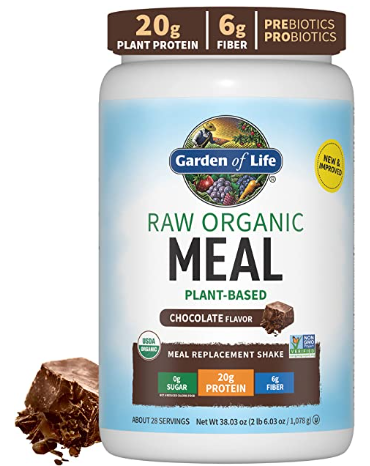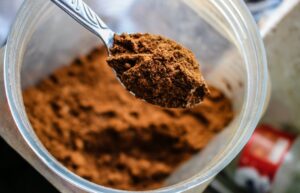Protein is responsible for forming hemoglobin which carries oxygen to the muscles as you work out. It also plays a crucial role in maintaining the water level in the body, so you don’t dehydrate. All athletes and fitness enthusiasts that do endurance training need to up their protein intake as the Branch Chain Amino Acids (BCAA) in proteins can synthesize muscles and quickly repair the damage caused to them during the workout.
But how much protein do you need if you work out?
A person who doesn’t engage in any form of heavy training needs at least 12-15 percent of their caloric intake to come from protein. If you train, you need to adjust this intake depending on the intensity of your workout as you need to compensate for the muscle damage that happens during the workout. Typically, the soreness in your muscles is the best indicator of the workout’s intensity.
If you’ve only had moderate training, about 0.45 grams of protein are enough per every pound of your body weight. You can increase it to 0.5-0.9 grams per pound if you do heavy or very heavy training.
When you’re taking such measured levels of protein to build your muscle, it’s always best to choose a protein source that can be calculated. In this case, protein powders are the perfect choice for you. Thankfully, with time, we have discovered some excellent alternatives to meat and dairy-based protein sources. In fact, plant-based protein sources have now become more popular than ever before.
You no longer have to rely on heavier options such as whey when you can take the delicious plant-based protein powders that deliver the same effects and are just as delicious.
Are you planning to make the switch to plant-based protein powders? In this blog, I will discuss how plant-based protein powder compares with whey protein powders, the pros and cons of plant-based protein powder, and the best ones you can find in the market.

Plant-Based Protein Powder as Replacement for Whey
For the longest time, whey protein shakes have been the most popular type of protein shake that most fitness enthusiasts choose to drink. It’s made from a liquid by-product of cheese and contains several different types of proteins, such as β-lactoglobulin, serum albumin, α-lactalbumin, and immunoglobulins.
With more awareness about plant-based diets, many people have shifted to veganism. For such people, plant-based protein powder is the best replacement for whey. Even those who aren’t vegan but are lactose intolerant can easily take this product and get the same benefits as whey protein shakes. Let’s see how.
Manufacturing Process
As mentioned above, liquid whey is produced as a by-product of cheese. Once it’s collected, the water, fat, carbohydrates, and other extra components are removed from it. Once it’s completely dry, it’s made into a powder. Because it’s made using cow’s milk, it’s not safe for those who have lactose intolerance.
On the other hand, plant-based protein powder is made using different types of plants such as soy, pea, brown rice, and even hemp. Different brands use different blends of these plants, while some only use one source. Because this powder is made entirely from plants, it’s free of lactose, making it the perfect choice for vegans and those who are lactose intolerant.

Protein Content
Typically, both plant-based protein powders and whey have the same level of protein content which ranges between 20-30 grams in each serving.
That said, whey protein is typically considered a complete source of protein as it has all of the nine amino acids in it. It’s also loaded with BCAAs such as valine, leucine, and isoleucine which support muscle building.
On the other hand, most sources of whey protein have fewer BCAAs in their structure than whey. Only soy protein comes close to whey as it also has all essential amino acids. This is essentially why manufacturers use a blend of different plant sources to make the powder so that it has all the amino acids needed for muscle recovery and growth.
Ease of Digestion
Even if you’re not lactose intolerant but prone to bloating and gas, whey protein powder can upset your stomach. In this case, plant-based protein powders are the best choice for you. If you have any other food allergies, such as gluten or soy allergy, make sure to choose a product that clearly labels the protein sources.
That said, both types of protein powders can digest easily, especially if they have fiber, prebiotics, probiotics, and digestive enzymes in them.

Muscle Growth Efficacy
If you’re looking to build muscle with your protein shake, you need to maintain a specific level of protein, typically about 20 grams. Of course, if you are in strength training and have heavy workout sessions, a higher level of protein is a better option for you.
That said, whey and plant-based powders typically have the same protein content. This is why you can easily meet your protein requirements from both and see muscle growth.

Pros and Cons of Plant-Based Protein Powders
Before you decide to go for a plant-based protein shake, you should study its pros and cons in depth to make the right call. Here are all the benefits and drawbacks of plant-based protein powder that you should know about:
Pros of Plant-Based Protein Powders
- Plant-based protein powder is free of lactose which means it doesn’t cause excessive gas or bloating in people who are sensitive to lactose.
- They’re easy to digest as they’re made entirely of natural protein sources which can break down and absorb easily.
- For all vegans and vegetarians, plant-based protein powders are also excellent supplements, especially if they can’t get adequate protein from other food sources.
- They have been shown to reduce the markers of heart conditions as well as overall cholesterol levels. This is because plant-based protein powders are rich in antioxidants, fiber, and vitamins that support normal body function.
Cons of Plant-Based Protein Powder
- As mentioned above, some plant-based protein sources don’t have as many BCAAs as whey, meaning some plant-based protein powders may have incomplete proteins. You can avoid this problem by choosing brands that offer a blend of different protein sources.
- Sometimes plant-based, vegan protein powders are more expensive than other protein supplements, but it depends on the brand you choose.
Tony’s Recommended Plant-Based Protein Powders
If you’ve decided to switch to plant-based protein powders, the next step of the process is to decide which one is best for you. This is where I can help you. If you’re looking for reliable recommendations for plant-based protein powders, I can narrow down your search to these amazing, tried and tested products that are both delicious and effective.
Raw Organic Protein Vanilla Powder
Brand: Garden of Life
Flavor: Vanilla
Diet Type: Vegan, Gluten-Free
Unit Count: 21.86 ounce
About the Product: The product is entirely organic, made with non-GMO protein sourced from raw sprouted beans, peas, legumes, and grains. It’s also loaded with 3 billion live probiotic CFUs, vitamins A, D, E, and K, and 13 enzymes that aid digestion.
It is plant-based vegan and can be taken after a workout to speed up muscle recovery as it is loaded with naturally occurring BCAA and protein. It’s made at a low temperature to maximize the preservation of the amino acids.
Check Price and Buy Now Right Here
Raw Organic Protein Chocolate Powder
Brand: Garden of Life
Flavor: Chocolate
Diet Type: Vegan, Gluten-Free, Organic, Kosher
Unit Count:2.4LB
About the Product: This product is plant-based, organic, non-GMO, and made entirely of contents certified by a third-party. It can be taken as a meal replacement and has 20g protein (plant-based), 6g fiber, and 0g sugar. Every serving is 150 calories, making it a light meal that can easily be taken in place of breakfast, lunch, and even dinner.
The chocolate flavor is rich and authentic and makes a smooth blend. It can be made by mixing in water, adding baked items, or simply blending in smoothies, as it has a high mixability.
The product is made at a low temperature to preserve the integrity of the amino acid so that it can deliver the best results. It’s also loaded with prebiotics and probiotics such as Bacillus subtilis DE111 that aid digestion and absorption of food. It also has many digestive enzymes, such as lipase, papain, and lactase, which can speed up your digestive process.
Check Price and Buy Now Right Here
Are you looking for more useful fitness and nutrition tips and tricks, or are you on the lookout for more useful product recommendations like this one? Start now by following me on Tony’s Health and Fitness Blog.
As a fitness enthusiast myself, I know exactly what you need to stay on your journey to complete health and fitness. Whether you’re a gym rat, a seasoned athlete, a fitness enthusiast, or someone just starting out, I can give you all the information you’re searching for.
If this sparks your interest, contact me today to learn more about my health and fitness blog.








